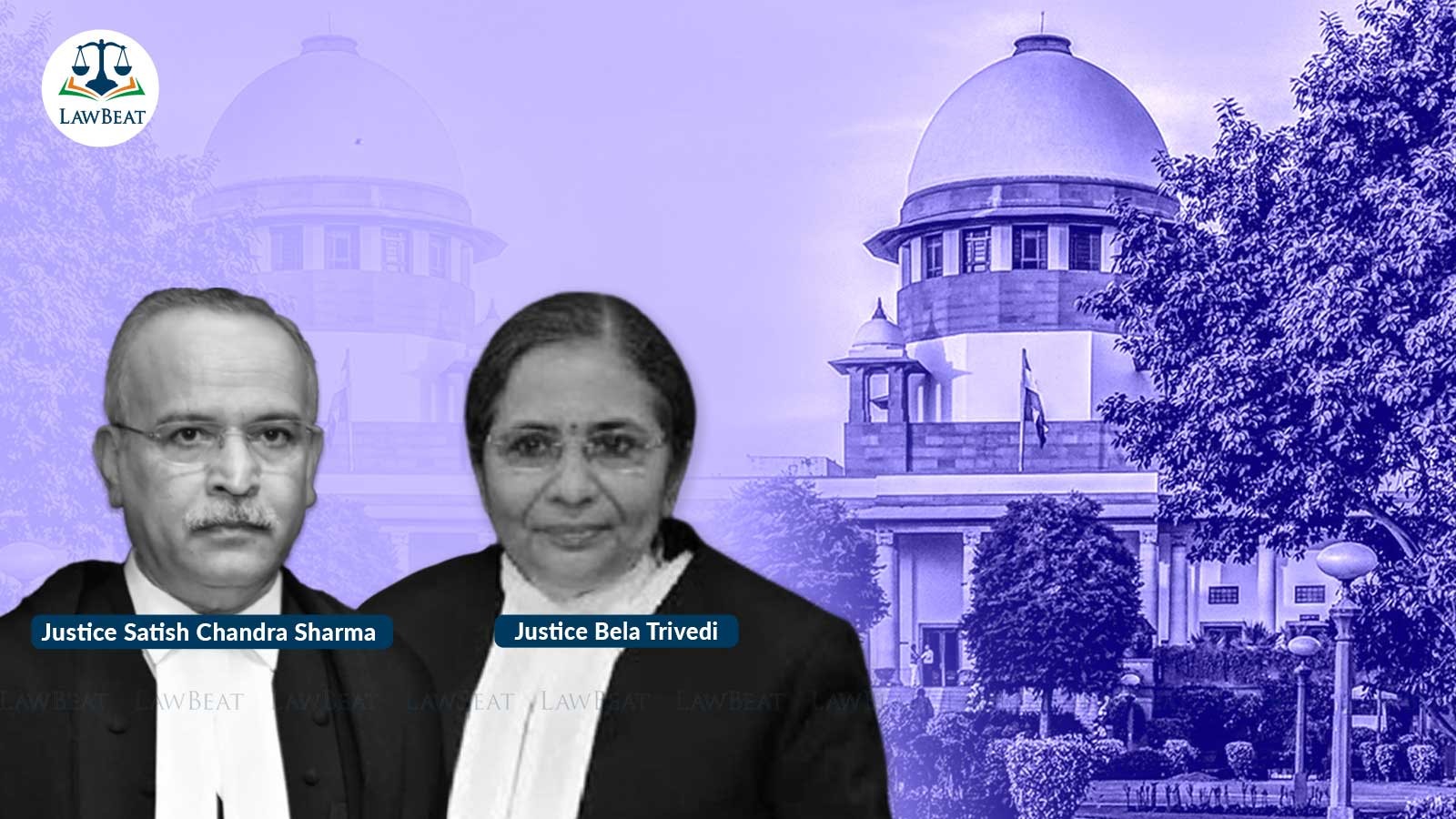Appellate Court Can't Create New Case Without Following Procedure Under Order XLI of CPC: SC

Court directed both the parties to maintain status-quo as regards to the possession of the suit land till the second appeal is decided by the high court
The Supreme Court has said that the appellate court can not create a new case for the party, frame the issues, and decide the issues without following the procedure contemplated under Order XLI of the Civil Procedure Code.
A bench of Justices Bela M Trivedi and Satish Chandra Sharma set aside the Gauhati High Court's judgment and decree passed in a second appeal, and remanded the case to the high court for deciding the same afresh and in accordance with law.
The court said that Order XLI of the Code of Civil Procedure, 1809 would apply to the appeals from the appellate decrees also, as contemplated in Rule-1, Order XLII of the said Code.
It pointed out that as per Order XLI Rule 25, the appellate court may, if necessary, frame issues and refer the same for trial to the court whose decree is appealed from, and direct such court to take additional evidence required.
"Further, as per Rule-27 Order XLI, the Appellate Court may allow evidence or document to be produced or witness examined, in the circumstances stated therein, after recording the reasons for such admission of evidence. However, the Appellate Court can not create a new case for the party, frame the issues and decide the issues without following the procedure contemplated under Order XLI of CPC," the bench said.
In the instant case, the court noted, that the high court in the second appeal had framed one substantial question of law on March 16, 2007, and framed two other substantial questions of law on February 5, 2015, and one more substantial question of law in 2015. Thus, in all, framed four additional questions of law.
"Apart from the fact that none of the said substantial questions of law formulated by the high court were either raised before the trial court or the appellate court, none of parties was given any opportunity of leading the evidence on the said issues. It is well-settled principle of law that the Court cannot create any new case at the appellate stage for either of the parties, and the appellate court is supposed to decide the issues involved in the suit based on the pleadings of the parties," the bench said.
While deciding the Second Appeal afresh, the high court may reconsider the substantial questions of law framed by it earlier and decide the same in accordance with law, the bench directed.
The court allowed the appeal filed by one Rama KT Burman through legal representatives against a Gauhati High Court's order in a regular second appeal, holding that plaintiffs were not entitled to get the recovery of khas possession of the suit land by evicting the respondents – defendants therefrom.
It noted that the trial court by the judgment and decree on May 19, 2004 had decreed the suit of the appellants – plaintiffs. The Court of Civil Judge (Senior Division) had dismissed the appeal by the respondents.
The high court by its judgment of April 07, 2015, allowed the said second appeal and set aside the judgment and decree passed by the two courts below.
The court noted that the appeal was partly heard on March 25, 2015 and again was concluded on March 27, 2015, however, on both occasions, none had appeared on behalf of the appellants - plaintiffs.
The appellants – plaintiffs contended that the high court had grossly erred in not giving proper opportunity of hearing to them, more particularly when the high court had framed as many as four additional substantial questions of law, which were not raised by any of the parties before the courts below.
Their counsel further submitted that the respondents – defendants had claimed the ownership over the suit land by the adverse possession, and had not claimed tenancy rights over the same, however, the high court had created a new case for the respondents – defendants by framing additional substantial questions of law and allowing the second appeal without giving any opportunity of leading the evidence on the additional issues framed by it.
The respondents submitted that the high court having not given the proper opportunity to the parties to lead evidence on the additional substantial questions of law framed by it, they had no objection if the matter is remanded to the high court for fresh consideration.
After hearing the parties, the bench asked the high court to decide the second appeal as expeditiously as possible, since the decree was passed by the trial court in 2004.
The court directed both the parties to maintain status-quo as regards to the possession of the suit land till the second appeal is decided by the high court.
Case Title: Rama KT Burman (Died) Thr LRs Vs Md Mahim Ali & Ors
